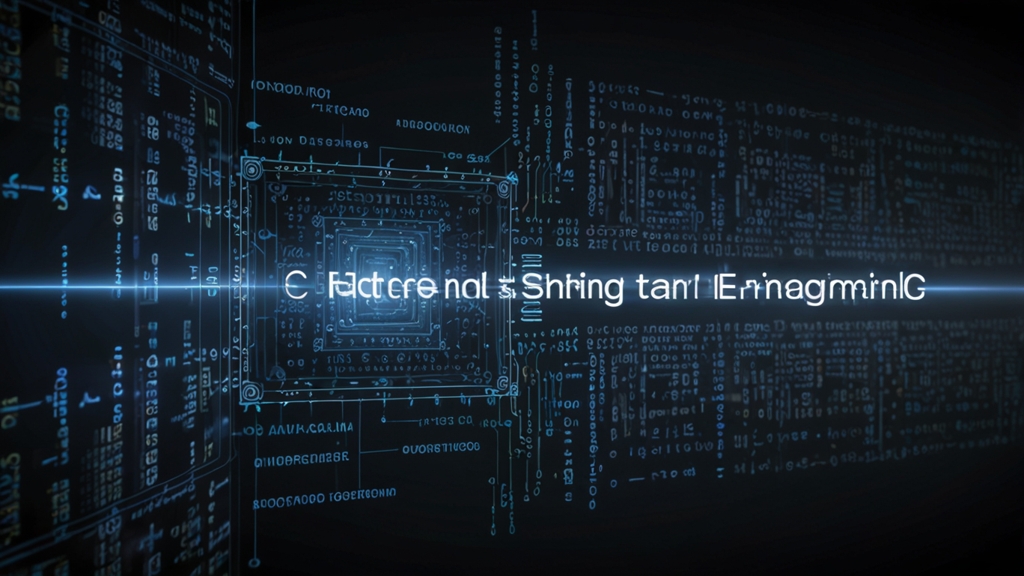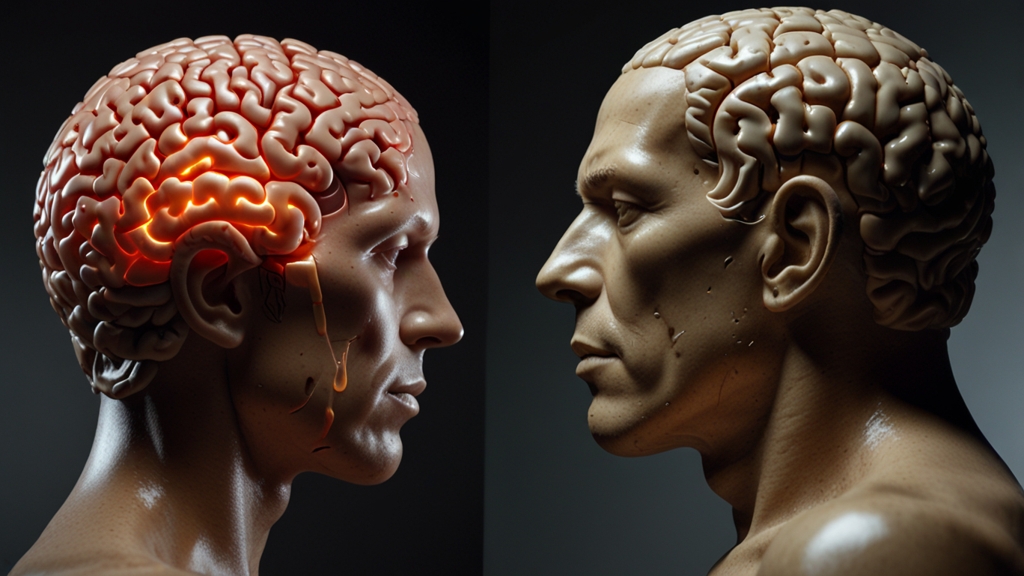Introduction
Mastering the concept of pointers in C programming is often perceived as a daunting task. Many novice programmers find pointers confusing, yet they are indispensable for advanced programming in C. By understanding and effectively using pointers, you can write more efficient, flexible, and powerful code. In this article, we will explore the intricacies of C pointers and offer practical insights into their use.
What Are Pointers?
A pointer is a variable that stores the memory address of another variable. Rather than holding a value directly, a pointer points to a location in memory where a value is stored. Pointers are powerful because they allow for indirect manipulation of data and can drastically increase the efficiency of certain operations.
The Basics of Pointers
To declare a pointer in C, you use the * operator. For example:
int *ptr;This declares a pointer,
ptr, which can point to aninttype variable.
Pointers are assigned memory addresses using the address-of operator &. For example:
int var = 10;
ptr = &var;Here,
ptrnow holds the address ofvar.
Using Pointers
Once you have a pointer pointing to a specific memory address, you can access the value stored at that memory location using the dereference operator *. For example:
int value = *ptr;This assigns the value at the memory address stored in
ptrto the variablevalue.
Advanced Pointer Concepts
Beyond the basics, pointers can be used for more advanced programming techniques including dynamic memory management, passing functions as arguments, and dealing with arrays and structures.
Dynamic Memory Allocation
Dynamic memory allocation is essential for creating flexible and efficient programs. In C, you use functions like malloc, calloc, realloc, and free for this purpose. These functions allow you to allocate memory at runtime, which can be crucial for applications where the amount of required memory is not known beforehand.
Here is an example of how to allocate and free memory dynamically:
int *arr = (int *)malloc(10 * sizeof(int));
This allocates memory for an array of 10intvalues.
free(arr);
This frees the allocated memory.
Pointers and Functions
Pointers can also be used to pass functions as arguments, enabling callbacks and creating more modular code. For example:
void execute(void (*func)()) {
func();
}This allows you to pass a pointer to a function and execute it within another function.
Arrays and Pointers
In C, arrays and pointers are closely related. The name of an array acts as a pointer to its first element. This relationship allows for efficient iteration and manipulation of array elements using pointers.
int arr[5] = {1, 2, 3, 4, 5};
int *ptr = arr;
for(int i = 0; i < 5; i++) {
printf("%d ", *(ptr + i));
}This will output the array elements
1 2 3 4 5.
Conclusion
Pointers are a fundamental feature of C programming that enable advanced techniques such as dynamic memory allocation, manipulation of arrays, and passing functions as arguments. Understanding pointers allows you to write more efficient and versatile code. While the concept can be challenging at first, with practice and careful attention to detail, you can master pointers and unlock the full potential of C programming.







